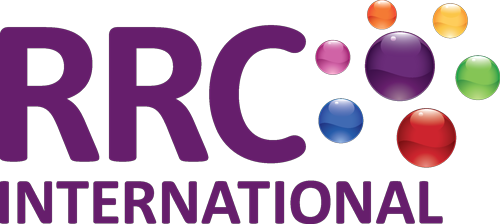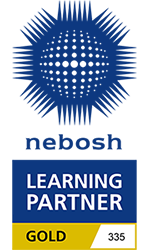RRC's NEBOSH Oil and Gas Certificate Course
The NEBOSH International Technical Certificate in Oil and Gas Operational Safety is based on international standards and best practice and is an essential qualification for anyone with health and safety responsibilities both on, and offshore within the Oil and Gas industry.
| The NEBOSH Oil & Gas Certificate is an essential qualification for those working in the oil & gas industry |
| Choose how you study with RRC: Online, Classroom or In-Company. Plus Revision & Textbooks |
| Contact us on +44 (0)20 8944 3100 or email info@rrc.co.uk for all the latest information on this course |
The NEBOSH Oil & Gas Certificate is suitable for managers, supervisors, safety representatives, and health and safety advisors within the oil and gas industry and it builds upon the knowledge gained by studying the NEBOSH General Certificate.




